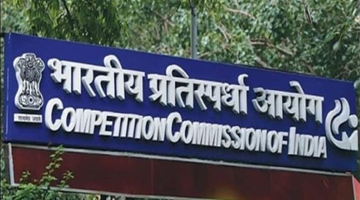- EFFECTIVE UTGST (RATES) NOTIFICATIONS
- IGST (Rates) Notification
- UTGST Circular
- UTGST (Rules) Notification
- SGST Circular
- Cess Circulars
- Compensation Cess (Rules) Notification
- Compensation Cess (Rates) Notification
- CGST (Rates) Notification (Effective)
- CGST (Rules) Notification (Effective)
- CGST (Rates) Notification
- IGST Circulars
- IGST (Rules) Notification
- CGST Circular
- CGST (Rules) Notification
|


















